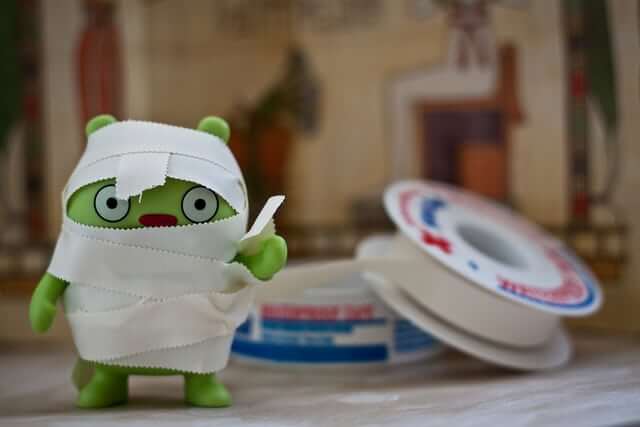According to a study by Pew Research Center, 80% people use the internet when they are looking up symptoms for sick loved ones or themselves. A PwC study also shows that social media is favored by 1/3rd people to get immediate and quick answers to their ailments. Initially, medical professionals weren’t sure how social media could benefit them but the above figures clearly show that it is an underutilized tool. It can be used to connect with patients and build relationships with them much more easily than traditional options. Let’s take a look at how this can be done –
• Generating Positive Views – According to a study, 74% patients rely on reviews and testimonials when they choose a doctor. In order to generate positive reviews, social media sites can be extremely helpful. An active presence on Facebook and Twitter can help to create word-of-mouth that was hitherto impossible for medical professionals. Many healthcare professionals have something akin to a “fan base” because of social media pages. However, that is not the main focus of this tool. When you, as a medical professional, have a good testimonial on a social media site, your prospective and current patients would feel a lot more confident in your abilities. Trust is extremely important between patient and doctor.
• Getting to Know Your Patients – Even in practice, patients tend to lean towards doctors who know all about them – their history, their life, their friends, their lifestyle and their choices. On social media, most of your patients post everything about themselves via statuses, updates and tweets. A medical professional could use this opportunity to know their patient even better. Instead of asking questions, time could be saved by simply going through the profile page of patients. It would make them feel loved and cherished. It would also be another way to build trust with the patient. Rating sites such as HealthEngine are where patients really get a voice, so remember to set one up for yourself, and monitor it.
• Prevention and Quick Cures – Since you know that a lot of patients rely on online searches and forums to find cures for their problems, you should also know that most of them end up misdiagnosing themselves. Now, imagine this – if you, their medical professional, was present online to help them out with these little issues through your Facebook page, blog, or Twitter profile, you would prevent them from self-diagnosing and by extension, misdiagnosing. Little problems, like coughs and colds, could instantly be sorted out by suggesting the necessary medicines. If the problem is still not solved in a couple of days, you could fix up an appointment with them and call them to your practice. Social media is used by so many healthcare professionals to generate a small niche patient base who trust and rely on their service.
• Personal Touch – Because regulations are so burdensome and healthcare providers are at an all-time low, medical professionals are unable to maintain relationships with their patients. This is why various healthcare tools and technologies have been developed to build patient doctor relationships. These tools make it easy for patients to stay healthy and updated. Medication reminders are an excellent example of this service. Through social media and special medication reminder technology, doctors are able to alert their patients about their prescriptions running out. Even websites have this service where they send reminders to their customers and also offer them various rewards for staying proactive.
Whoever said that technology was bringing people closer was more right than ever. Social media and healthcare tools have all shown a leaning towards one trend – caring for patients in a better way and building relationships. Those healthcare professionals who decide to jump in on this bandwagon would definitely benefit while others will find themselves quickly without support.
Photo Credit: Nomadic Lass (CC BY-SA 2.0)

